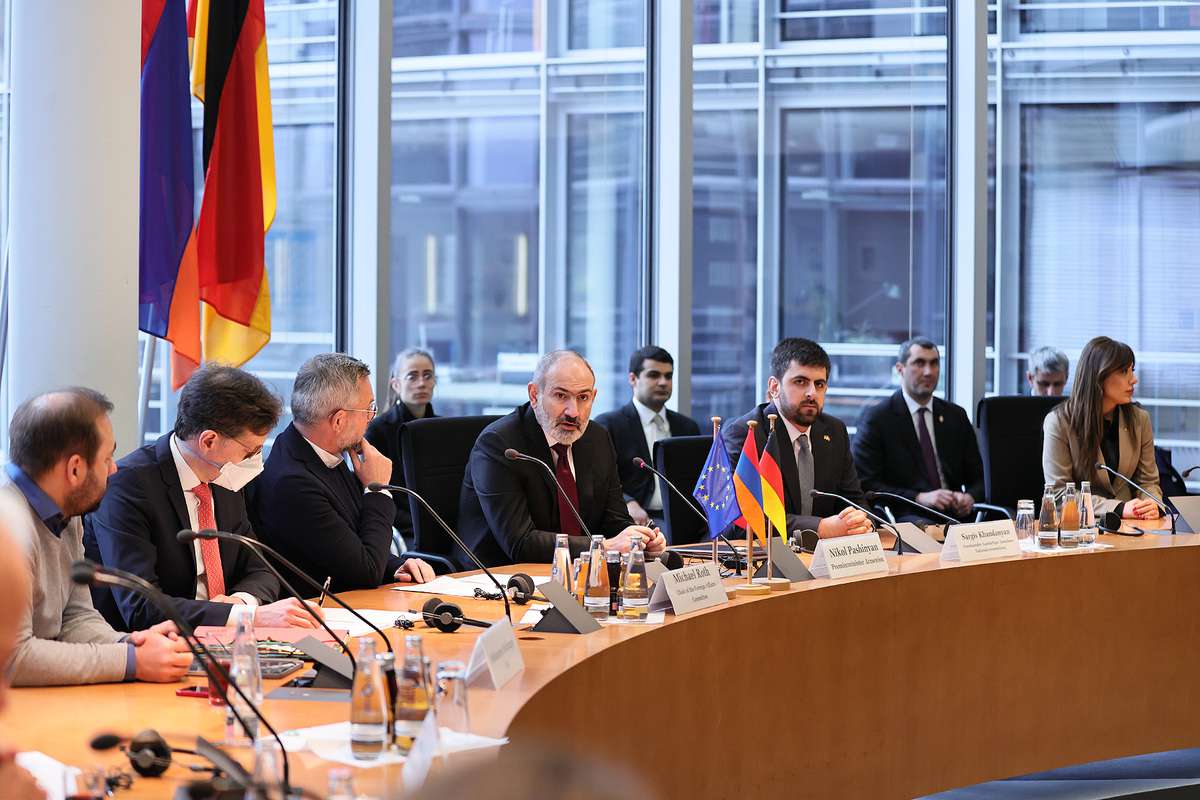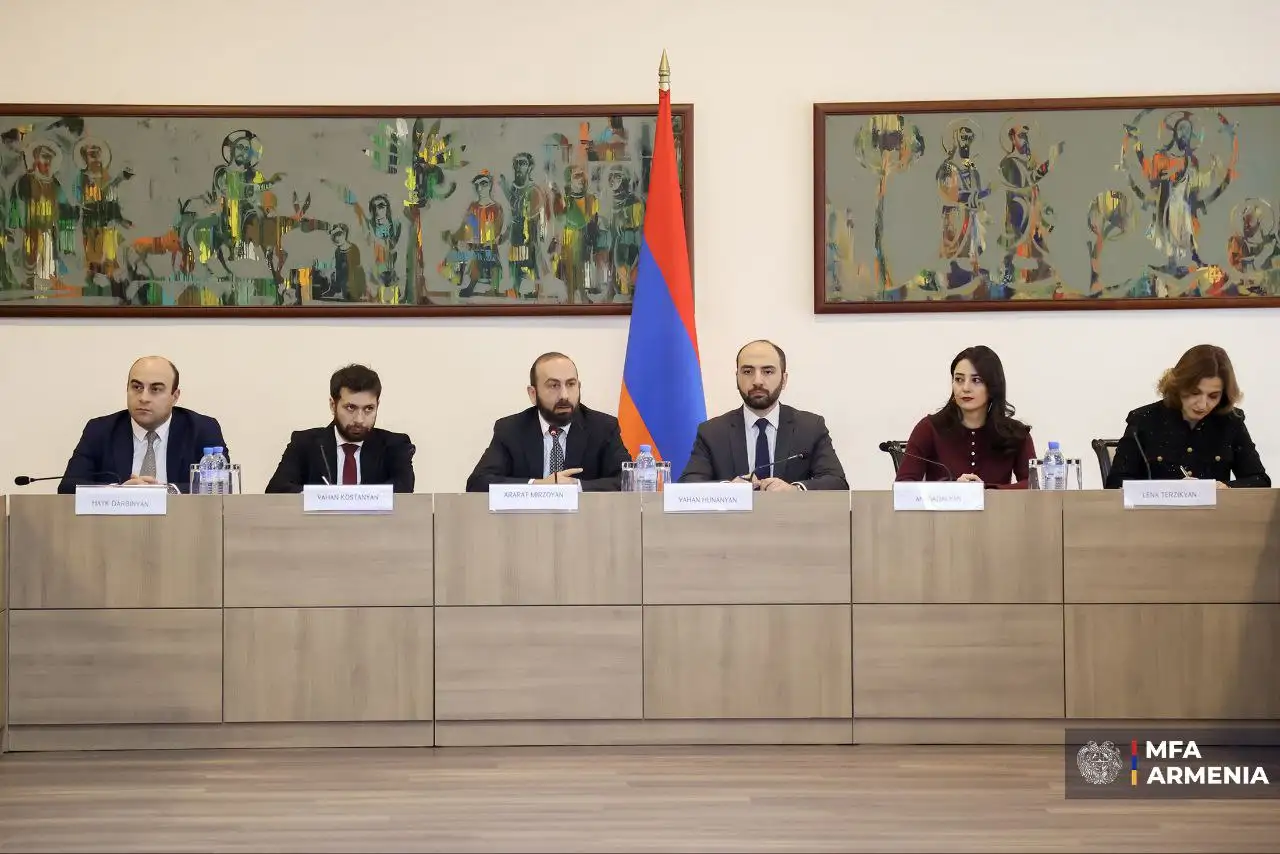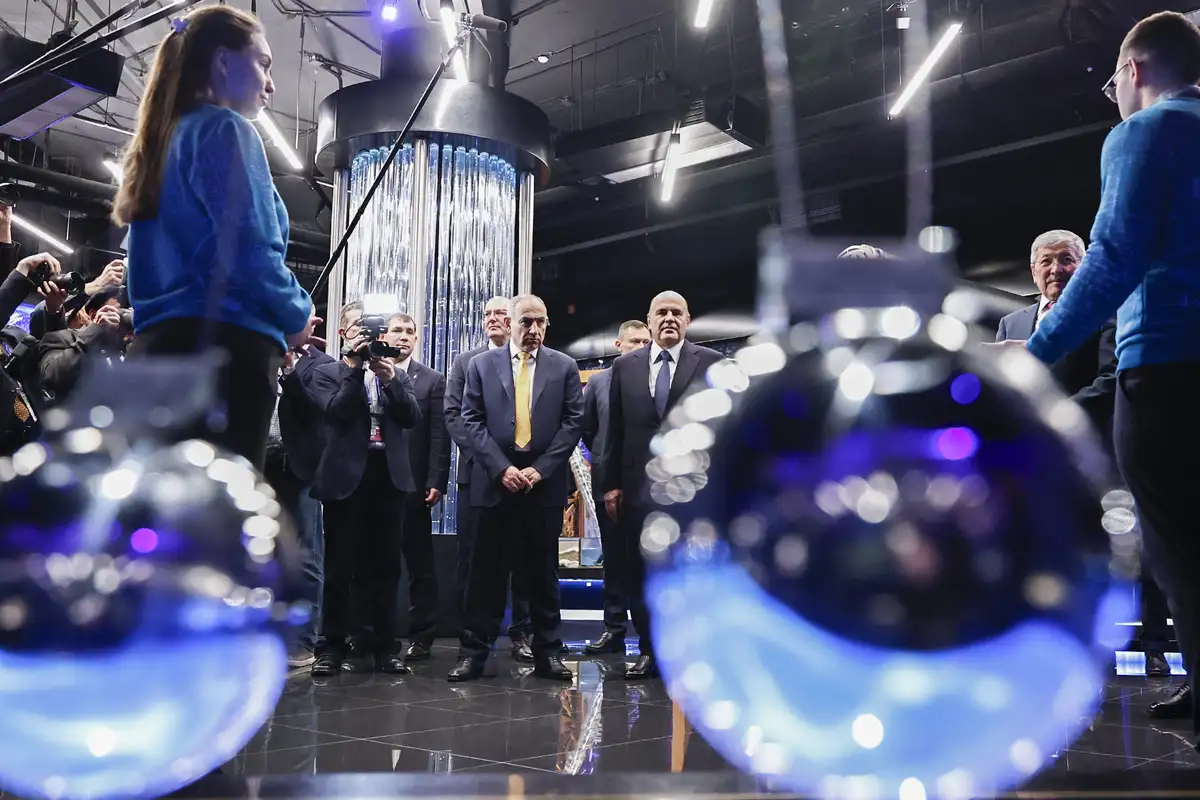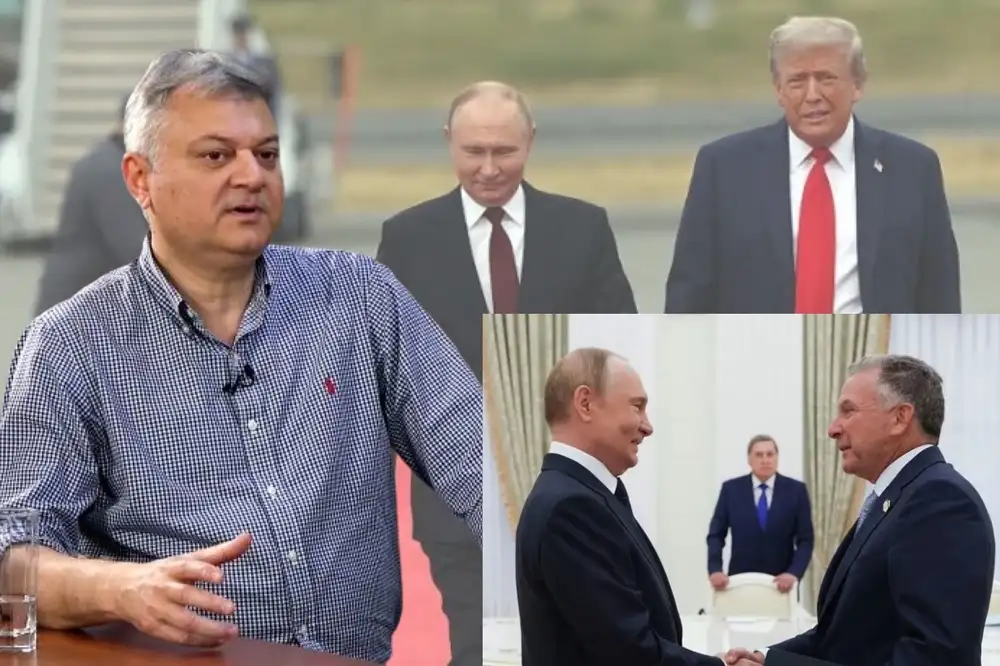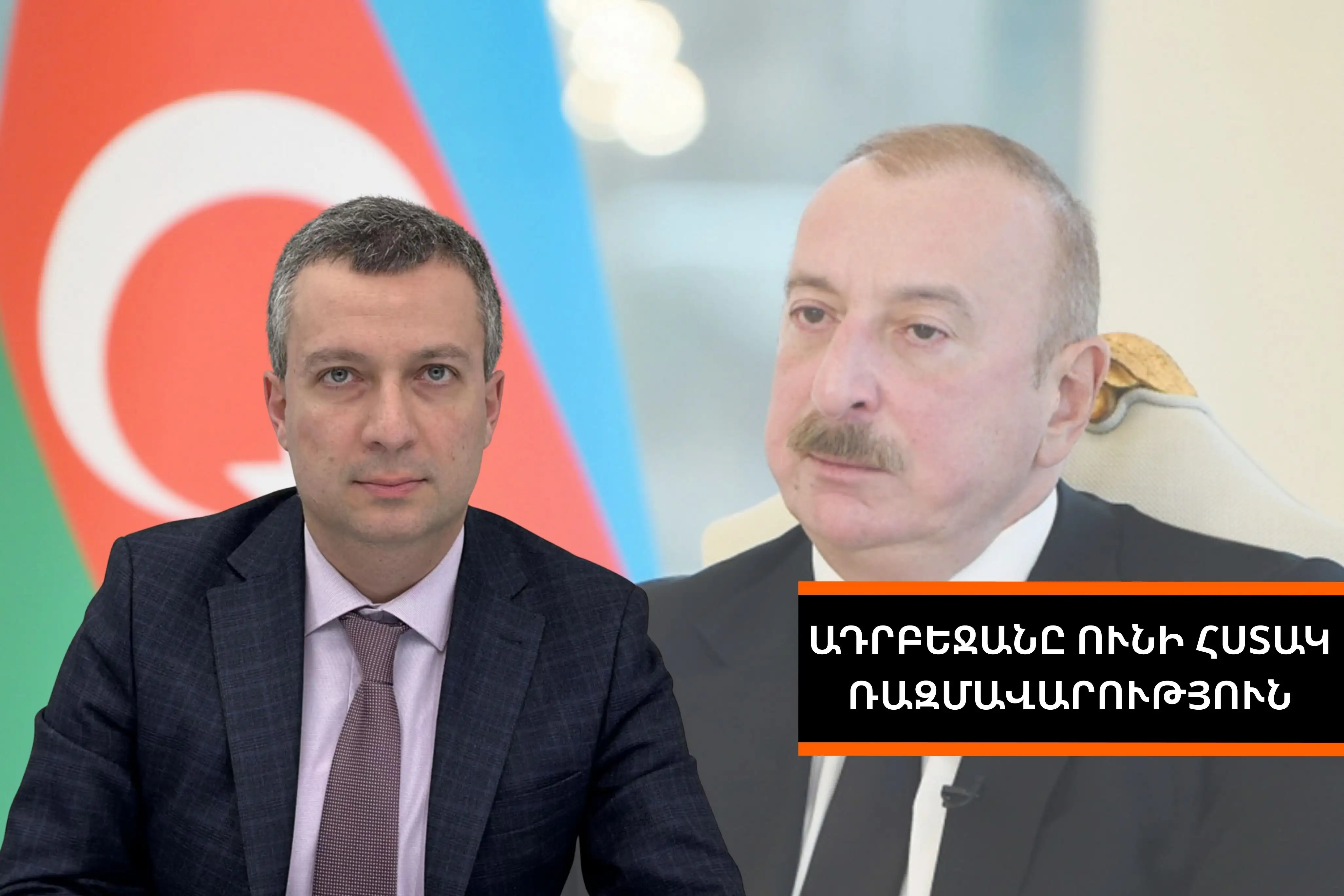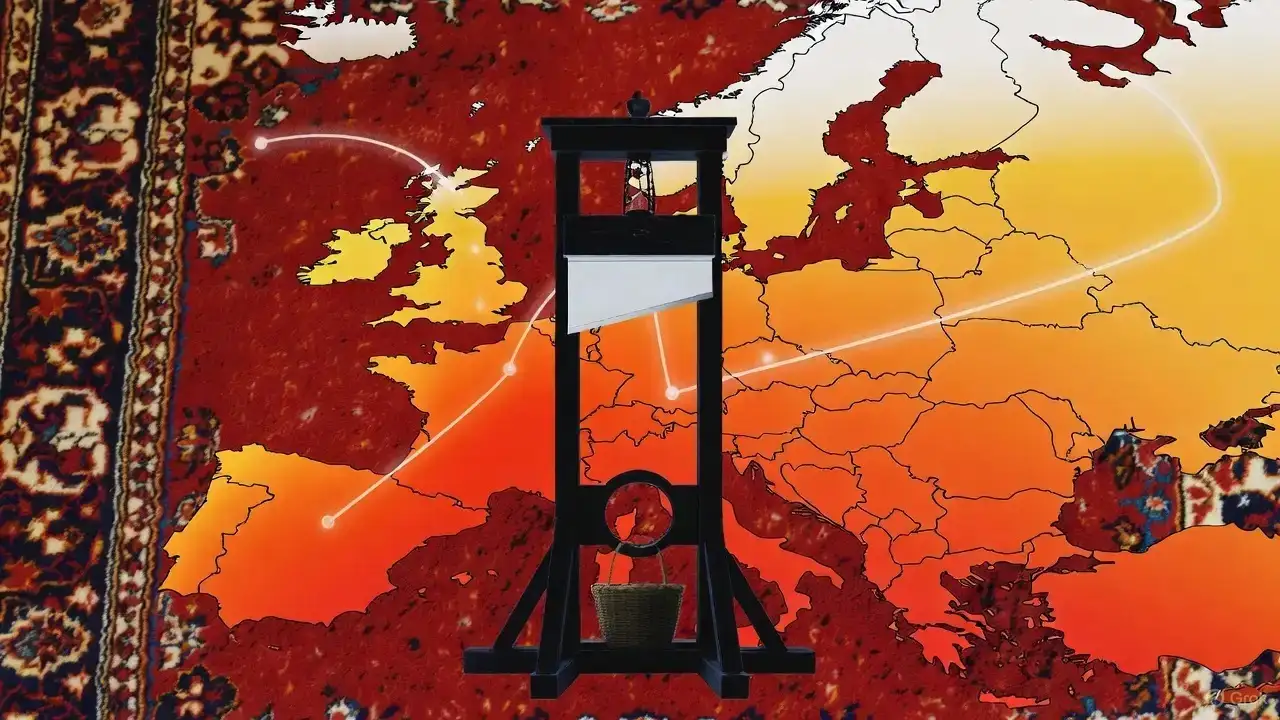Prime Minister Nikol Pashinyan's visit to the working the Federal Republic of Germany continues. Today, the Prime Minister was hosted in the Bundestag and had a meeting with the members of the Foreign Relations Committee headed by President Michael Roth. The latter welcomed the Prime Minister and noted that the visit was an excellent opportunity to discuss the Armenian-German inter-parliamentary cooperation and the processes taking place in the South Caucasus region.
Prime Minister Pashinyan made a speech in which he specifically stated:
"I am thrilled to be here and to see you because there are many issues that we would like to discuss today. I hope that today we will have an open and constructive discussion.
You emphasized that there is a new factor in our relations with the EU, and that factor is the monitoring mission of the EU along the Armenia-Azerbaijan border. First, I would like to thank the EU for making this decision. That decision resulted from a quadrilateral meeting in Prague when the short-term mission arrived. After that, we applied for a long-term assignment and are grateful to the EU for making that decision.
In general, the situation remains tense due to Azerbaijan's continuous blocking of the Lachin Corridor. Unfortunately, despite the decision of the International Court of Justice, Azerbaijan still needs to open the Lachin Corridor. I want your attention to the fact that the conclusion of the AMU has a legally binding force. This situation should be discussed at the international level because it is unacceptable to leave the decision of the International Court of Justice without a reaction, particularly when the humanitarian crisis in Nagorno Karabakh continues and an international response is needed.
By the way, what is very important in this context? It has been more than 80 days that the Lachin Corridor has been closed, and during this time, Azerbaijan insists that the Lachin Corridor is not completed; it is open. The decision of the International Court of Justice is critical to clarify this issue because the court stated that the Lachine Corridor is closed and should be opened.
During my visit, I heard some opinions that support the idea of sending an international monitoring or fact-finding mission to Nagorno-Karabakh and the Lachine Corridor to observe the humanitarian situation and see what is happening there because it is a crisis that could have irreversible consequences; it can turn into a humanitarian disaster. Let's work together to prevent the situation from getting out of control.
But the most critical question is why Azerbaijan is doing this. We are sure that Azerbaijan's goal is to carry out ethnic cleansing in Nagorno-Karabakh and remove Armenians from Nagorno-Karabakh. I think the latest statement of Azerbaijani President Aliyev proves this because Aliyev said that the Lachin Corridor is open to Armenians who want to leave Karabakh, which I believe automatically means that the Lachin Corridor is closed to Armenians who wish to leave Karabakh. Who lives in Nagorno Karabakh, and who wants to live there? This is the root cause of Azerbaijan's actions.
There are concerns that this is just the beginning of escalation in Nagorno-Karabakh, perhaps along the Armenia-Azerbaijani border, because Azerbaijan continues expressing aggressive thoughts and rhetoric. You know that last September, Azerbaijan initiated large-scale aggression against Armenia, occupying the sovereign territories of Armenia. But, on the other hand, we reached an agreement in Prague, according to which Armenia and Azerbaijan recognize each other's territorial integrity and sovereignty, based on the Alma Ata Agreement of 1991. on the statement, which means that the administrative borders of the Soviet states turn into state borders. Alma Ata's message was about the collapse of the Soviet Union and the creation of the Commonwealth of Independent States. 13 former Soviet states agreed that administrative borders become state borders.
We also agreed in Prague that the border delimitation process between Armenia and Azerbaijan would be based on the same deal as Alma Ata. The surprise was that after that, the president of Azerbaijan announced that the delimitation should be based on historical maps. It takes a lot of work to explain what that means. Maybe the new initiative of the President of Azerbaijan can clarify this situation because recently, we witnessed the presentation of the so-called "Western Azerbaijan" initiative, and the whole idea of this initiative is that the entire territory of the Republic of Armenia belongs to Azerbaijan. The capital of Armenia is an Azerbaijani city. , etc.
We assess that blocking the Lachin Corridor, the so-called "Western Azerbaijan" initiative, prepares for large-scale aggression against Armenia.
By the way, I would like to point out another critical situation. We discussed this at the German Foreign Affairs Council yesterday, and some of our colleagues there used the so-called "Zangezur Corridor." I asked our colleagues to be careful because sometimes the same word can have different meanings in different regions and other political and geopolitical circumstances. Usually, in Europe, by a corridor, people mean routes that provide better-quality transport services, etc. But our situation is that we had a legally agreed point on the gallery in 2020. Our tripartite statement of November 9 ended the war in Nagorno-Karabakh.
So we only have one point regarding the corridor, which is the Lachine corridor, which is currently blocked. The Lachin Corridor was established to establish a connection between Armenia and Nagorno-Karabakh. Lachin Corridor is not a direct road; it is a security zone with a width of 5 km. According to the relevant point of the statement, Lachin Corridor should be outside the control of Azerbaijan. It should be under the control of Russian peacekeepers.
In the same statement, we have point 9, which is about opening all regional transport and economic routes. And yes, there is a point that Armenia should provide a connection between the western parts of Azerbaijan and the Autonomous Republic of Nakhichevan. Still, there is no point that those routes should be outside of Armenia's control. That route should work in the context of opening roads and railways in our region. I must mention that Armenia is ready to open all communications even today. But every time we try to do this, Azerbaijan says that these routes should not be under the control and legislation of Armenia, which is unacceptable to us. Recently, the President of Azerbaijan publicly admitted that there is no point in the tripartite statement about the so-called "Zangezur Corridor," He introduced such a concept into the context of regional relations.
The problem is how to introduce something into a tripartite statement unilaterally. This is absurd. Thus, I would like that phrase not to be used because it would mean support for Azerbaijan's territorial ambitions against Armenia. But, on the other hand, I once again confirm that we are ready to open. Moreover, we have had a draft government decision to open three checkpoints on the Armenia-Azerbaijani border for over six months. Still, every time we try to adopt this decision, the Azerbaijani side makes a lot of noise, asking why they want a checkpoint. To open near our borders without agreeing with us.
This is the general situation, but we should focus on the peace agenda. As you know, our government has taken responsibility for the peace agenda; I am personally committed to the peace agenda and democracy because I believe that democracy and peace go together, and because democracy is a strategy for us, we are interested in peace so that we can have peace in our country. To ensure the continuous development of democracy, economy, and freedom. This was the general assessment of the situation. I will gladly answer your questions."
Next, Prime Minister Pashinyan answered several questions from the members of the Bundestag.




